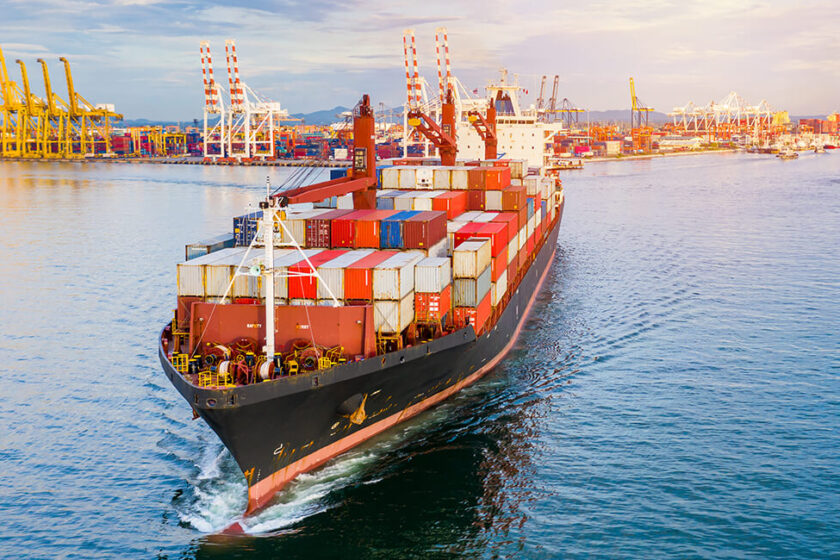In today’s fast-paced global marketplace, efficiency is paramount for success in logistics. With the advent of advanced technologies, the logistics industry is undergoing a significant transformation. From automated warehouses to real-time tracking systems, technology is revolutionizing every aspect of the logistics supply chain.
The Role of Technology in Modern Logistics
Technology plays a pivotal role in enhancing efficiency and streamlining operations in the logistics sector. One of the key areas where technology is making a significant impact is in transportation management. Advanced routing algorithms and GPS tracking systems enable logistics companies to optimize delivery routes, minimize fuel consumption, and reduce transportation costs.
Moreover, the integration of Internet of Things (IoT) devices in logistics operations has enabled real-time monitoring of shipments and assets. IoT sensors attached to containers, pallets, and vehicles provide valuable data on location, temperature, humidity, and other environmental factors, allowing logistics companies to ensure the integrity and safety of goods throughout the supply chain.
Automation and Robotics in Warehousing
Automation and robotics have revolutionized warehouse operations, making them more efficient and productive. Automated guided vehicles (AGVs) and autonomous drones are increasingly being used for material handling tasks such as picking, packing, and sorting. These robotic systems can work 24/7, significantly reducing the time and labor required for warehouse operations.
Furthermore, the implementation of warehouse management systems (WMS) and inventory control software has enabled real-time visibility and tracking of inventory levels. By automating inventory management processes, logistics companies can optimize stock levels, reduce stockouts, and minimize carrying costs.
Big Data Analytics for Predictive Insights
Big data analytics is another game-changer in the logistics industry, providing actionable insights for decision-making and forecasting. By analyzing vast amounts of data from multiple sources such as transportation routes, weather patterns, and historical sales data, logistics companies can identify trends, anticipate demand fluctuations, and optimize resource allocation.
Predictive analytics algorithms can forecast future demand, allowing logistics companies to adjust inventory levels and transportation capacity accordingly. This proactive approach helps to minimize stockouts, reduce excess inventory, and improve overall supply chain efficiency.
The Rise of Blockchain Technology
Blockchain technology is revolutionizing supply chain management by providing a secure and transparent platform for tracking and tracing goods throughout the entire supply chain. By recording every transaction and movement of goods on a decentralized ledger, blockchain ensures transparency, traceability, and accountability.
Blockchain-based supply chain solutions offer several benefits, including enhanced security, reduced fraud, and streamlined compliance with regulations. Smart contracts embedded in blockchain platforms automate contract execution and payment processes, eliminating the need for intermediaries and reducing transaction costs.
Conclusion
In conclusion, technology is transforming the logistics industry, unlocking new levels of efficiency, visibility, and agility. From transportation management and warehouse automation to big data analytics and blockchain technology, logistics companies are harnessing the power of technology to optimize operations, reduce costs, and deliver superior customer experiences. Embracing these technological advancements is crucial for staying competitive in today’s rapidly evolving logistics landscape.






This is a useful post for finding broken links within the website, what about links pointing outwards that are broken? I can use a free web service but wondered if this was possible.
Great tool! I am using a redirect plugin to send all my 404’s to my home page but I think it’s slacking sometimes.